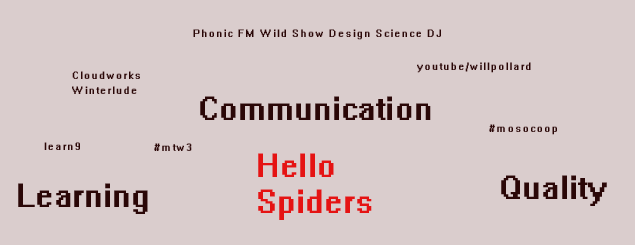Guardian media and education coverage, where is this heading?
Looking back on Monday and Tuesday in print. I think the Guardian may have given up on news as such. Print journalists now offer opinion, maybe hoping for some comment. Do they really mean what they write?
Previously from Antonia Senior
Kindle-owning bibliophiles are furtive beasts. Their shelves still boast classics and Booker winners. But inside that plastic case, other things lurk. Sci-fi and self-help. Even paranormal romance, where vampires seduce virgins and elves bonk trolls.
This week
The humanities graduates expect to read a book and learn from it. Developers are more hands-on, trying things out and adapting as they go.
So do techies read books?
The real problem seems to be the employment prospects for recdent humanities graduates or indeed anyone else-
Growing numbers of arts graduates squabble over dwindling jobs in contracting media industries. The money's rotten, the prospects are poor, and yet still the next generation come, drawn by the lure of being "creative". And the faltering industries welcome them in, using them as unpaid labour and skivvies while pretending that the jobs at the end of the rainbow are worth having.
There is still almost no discussion in Guardian Media about citizen journalism on the OhmyNews model - including the readers on a sensible basis. Possibly professional journalists can continue to fill space with opinion and anecdote, but the news organisations face other issues.
Print sales down 10% , how long till they go weekly? or stop printing altogether?
Tuesday , education, critique on Pearson
I can't help thinking about BETT where the BBC used to have a stand. The Guardian and others were very vocal in demanding that the BBC cut back on such activity. If there is not much happening from other sources then Pearson and other companies will make the running on tech innovation.
Recently Google paid for a page of the Guardian that took a look at educational policy in the UK. Around the time of BETT Michael Gove did have a look at e-learning. Perhaps some of the exhibitors were influential.
Another story found while looking for this one.
Edinburgh is the only UK one.
Dr Wendy Piatt, director general of the Russell Group, which represents leading universities including Oxbridge and Edinburgh, said: "Online technologies provide huge opportunities for the dissemination of knowledge, and our universities are continuing to take advantage by, for example, putting lectures online through iTunes U and YouTube, or by making much of our research open access. Russell Group universities have always been at the forefront of online innovations, and we are keen to exploit this further."
So that's alright then. If the Guardian has a clear plan of a digital future, it could be better known to readers. A drift of casual knocking of techies and Kindle readers is not helping. At least Pearson seems to have a clear direction.
